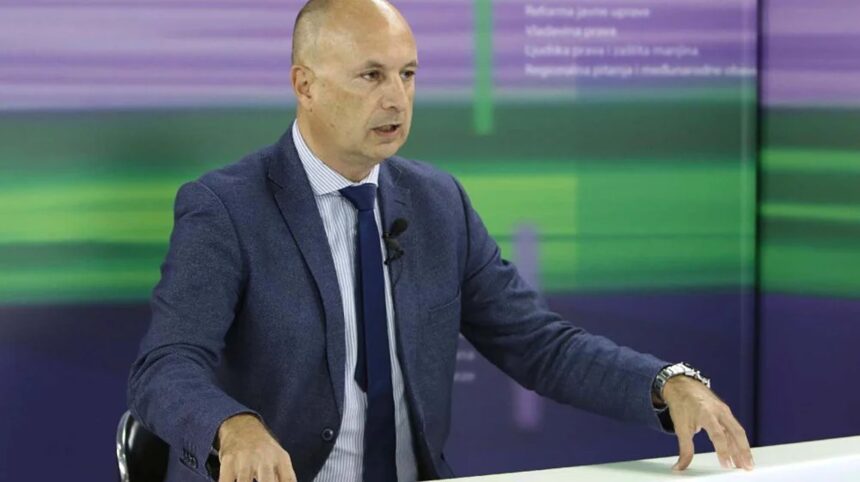“When hundreds of thousands of people take to the streets and refuse to go home, the only logical outcome is that the government must fall — and in such a situation, the European Union cannot remain silent,” said European law expert Vladimir Medjak, commenting on the mass protests in Serbia and the growing political tension in front of the National Assembly.
Medjak noted that it is “impossible to talk about European integration” while Serbia faces violent crackdowns, unlawful arrests, and blatant abuse of institutions.
“European integration is meant for normal, orderly countries — those governed by the rule of law, not by police raids and political intimidation. When buses and citizens are being detained without reason, when no one knows where the arrested end up, and when people are robbed in the streets, that has nothing to do with European values,” Medjak stated for N1.
He added that Serbia’s standing in the latest European Commission report shows clear regression: “Serbia is now grouped with Georgia and Turkey in terms of corruption, state capture, freedom of expression, and rule of law — hardly a position for an EU candidate.”
Medjak emphasized that the EU’s long-overdue change in approach toward Serbia is finally taking shape, but that “the turning point will come when the ruling SNS is expelled from the European People’s Party (EPP).”
“That will be the moment when illusions end — when Brussels stops shielding Vučić’s regime simply because SNS carries the EPP label. The protection they’ve enjoyed from the European mainstream has delayed accountability for years,” he said, adding that Serbia “would not be in this deep of a crisis if the EPP had not defended the SNS for so long.”
Medjak also credited Serbia’s student-led protests — now expanded into a broad civic movement — for pressuring EU institutions to take notice.
“When 300,000 people block an entire country and shout that they’ve had enough — when citizens risk everything because people have died — it stops being a political dispute and becomes a moral one. At that point, Europe cannot pretend not to see.”
He concluded that the changing composition within the EU — with new liberal and social-democratic figures replacing exclusive EPP dominance — is further isolating Vučić’s regime.
“The streets of Serbia have spoken louder than years of diplomatic reports. The only possible outcome now is change.”







